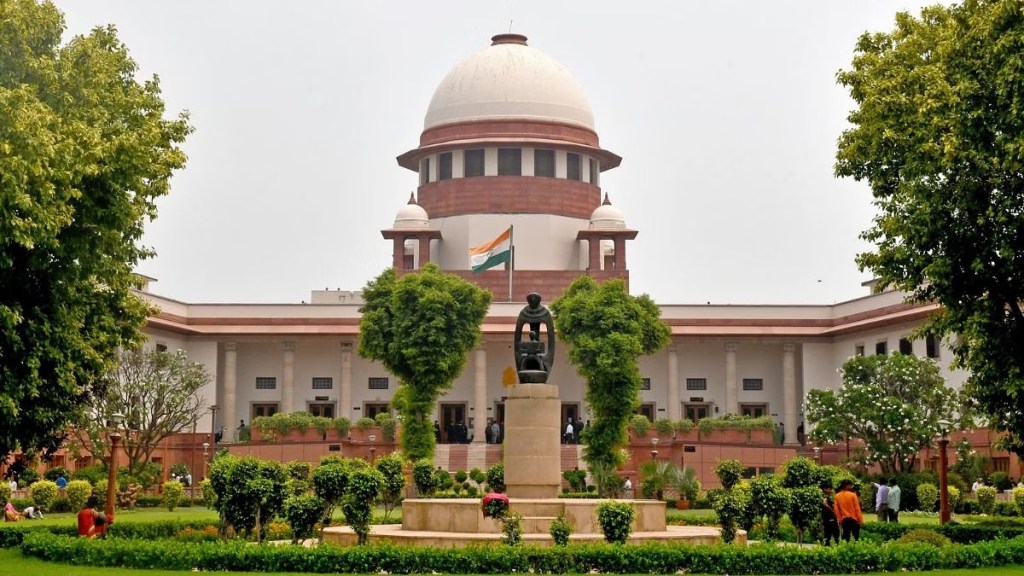The Supreme Court on Monday questioned the delay on Governor RN Ravi’s part in disposing of bills submitted for his assent since January 2020.
The three-judge bench headed by Chief Justice of India DY Chandrachud acknowledged that the Governor decided to “withhold” assent on ten bills only after the court issued notice on the writ petition filed by the Tamil Nadu Government on November 10. While issuing the notice, the court had observed that the Governor’s inaction was a “matter of serious concern.”
Also Read:Kerala govt moves Supreme Court over delayed consideration of 8 bills by Governor
“Mr Attorney, the Governor says he has disposed of these bills on November 13. Our concern is that our order was passed on November 10. These bills have been pending since January 2020. It means that the Governor took the decision after the court issued notice. What was the Governor doing for three years? Why should the Governor wait for the parties to approach the Supreme Court?” CJI Chandrachud asked Attorney General for India R Venkataramani, as per Live Law.
In response, the Attorney General noted that the conflict is limited to those bills which seek to divest the Governor’s powers relating to the appointment of Vice Chancellors in State Universities and suggesting the need for reconsideration due to its critical nature.
Also Read:Chandrababu Naidu granted bail by Andhra Pradesh High Court in skill development case
Earlier on November 10, a bench chaired by the CJI slammed the Punjab Governor for not approving bills sent by the state legislature, citing the lack of constitutional validity in the assembly session during their passage. The court directed the Punjab Governor to decide on the bills assuming the session was constitutionally valid.
The court issue to the Tamil Nadu government came on the same day regarding the Tamil Nadu government’s plea, which challenged the state governor’s failure to clear bills.
Attorney General R Venkatramani informed the bench, which also comprised Justices J B Pardiwala and Manoj Mosra, that out of 181 bills received between 2020 and 2023, 152 received assent, five were withdrawn by the government, and nine were reserved for the President’s consideration.
Also Read:Supreme Court notice to Centre, ED over Sanjay Singh’s plea against arrest
Urging the need to adjourn the preceding till the governor’s decision, Venkataramani also informed the bench that out of the 10 bills, the dispute is in respect of those in which amendments have been made to the state universities’ legislations depriving the Governor, who is the chancellor, of his power in regard to the selection of vice-chancellor.
The bench said, “The issue is not whether any particular Governor had delayed in the discharge of the constitutional functions entrusted under Article 200, but whether in general there has been a delay in exercising the Constitutional function”.
The Court deferred the hearing on these matters to December 1.
Meanwhile, the Supreme Court also issued notice on a plea by the Kerala government, raising similar concerns about the Governor delaying consideration of eight bills passed by the state legislature for assent.

